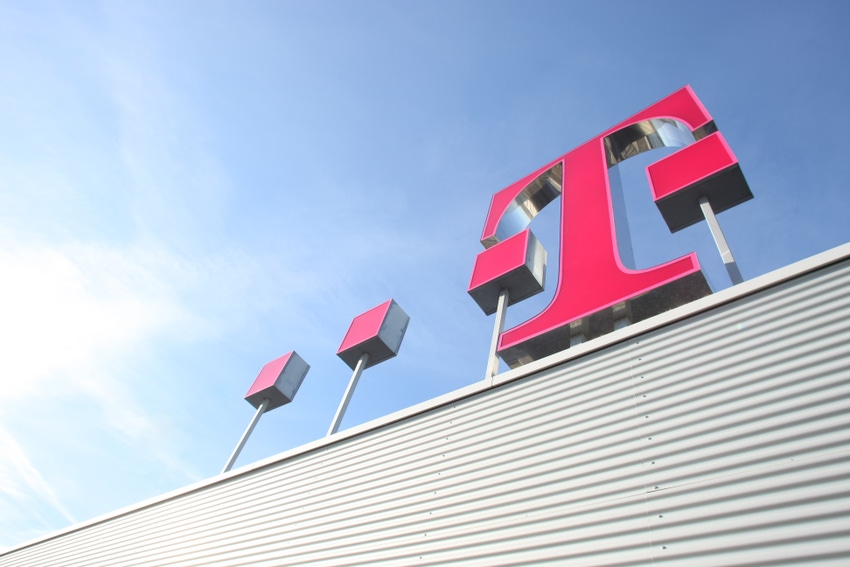Deutsche Telekom is increasingly relying on cooperation for its fibre network build-out, with a quarter of connections made this year likely to come from partnerships.
May 5, 2023

Deutsche Telekom is increasingly relying on cooperation for its fibre network build-out, with a quarter of connections made this year likely to come from partnerships.
Furthermore, the German incumbent expects the proportion to increase in the coming years as it works to reach nationwide fibre-optic coverage.
Deutsche Telekom shared that information at its inaugural fibre network partner day in Berlin this week, the very existence of which underlines the growing importance of partnerships for the telco, as it strives to hit full fibre coverage by 2030. Or at least, that is Germany’s goal. And it seems that everyone working together is the best way for it to achieve that, and for the incumbent to play its part.
“Already today, almost 6 million households can get a fibre-optic connection from us. This year we want to build up to 3 million fibre-optic connections. And we are right on schedule with our expansion,” said Telekom Deutschland Board Member Srini Gopalan, in a German language statement, translation courtesy of Google. “Cooperation is central and part of our identity,” Gopalan said.
The telco is working with municipal utilities and local suppliers to expand its fibre footprint and to date has inked more than 20 partnerships across the country.
In some cases, local players build the passive network, which Telekom then operates, while in others there are public-private partnerships in place for an entire regional network. The operator also notes that it is working with municipalities and inking joint venture deals. Essentially, partnership comes in many forms.
Together with partners, Deutsche Telekom covers over 650,000 buildings with fibre, which it says has created more than 1.7 million marketable households. It has signed four new partnerships with regional suppliers since the start of this year, the most recent being last week in Weilheim in Upper Bavaria.
Partnership is the third prong of Deutsche Telekom’s fibre rollout strategy, it explains, the other two being building out network in its own right, and participating in subsidised rollout schemes. While this week’s announcement is all about talking up the partnership element, the operator is keen to note that it is doing plenty under its own steam too.
The company points out that it already employs 13,000 people in what it terms its Fiber Factory – a unit it set up in late 2020 to produce fibre kit with the aim of increasing the pace of fibre network rollout – and is making good progress on its end-2022 pledge of hiring an additional 1,000 fibre experts this year.
“Over 850 are already on board. We are also investing in our own machines and excavators as a supplement to purchasing from third parties,” said Klaus Müller, head of fibre optics at Telekom.
This partnership approach, combined with Germany’s broader fibre coverage goals, goes some way to explain why the FTTH Council Europe’s latest market forecast puts the country at the top of the continent’s leaderboard in terms of homes passed by 2028. As it stands, though, Germany has the most work to do in terms of reaching full fibre penetration, the new data shows, with close to 33 million homes still to pass. Admittedly, the report in question is based on September 2022 data, and Germany has doubtless made some progress since then, but the scale of the job is still pretty clear.
Working together seems like a sensible option.
Get the latest news straight to your inbox. Register for the Telecoms.com newsletter here.
About the Author(s)
You May Also Like








.png?width=300&auto=webp&quality=80&disable=upscale)


_1.jpg?width=300&auto=webp&quality=80&disable=upscale)


.png?width=800&auto=webp&quality=80&disable=upscale)